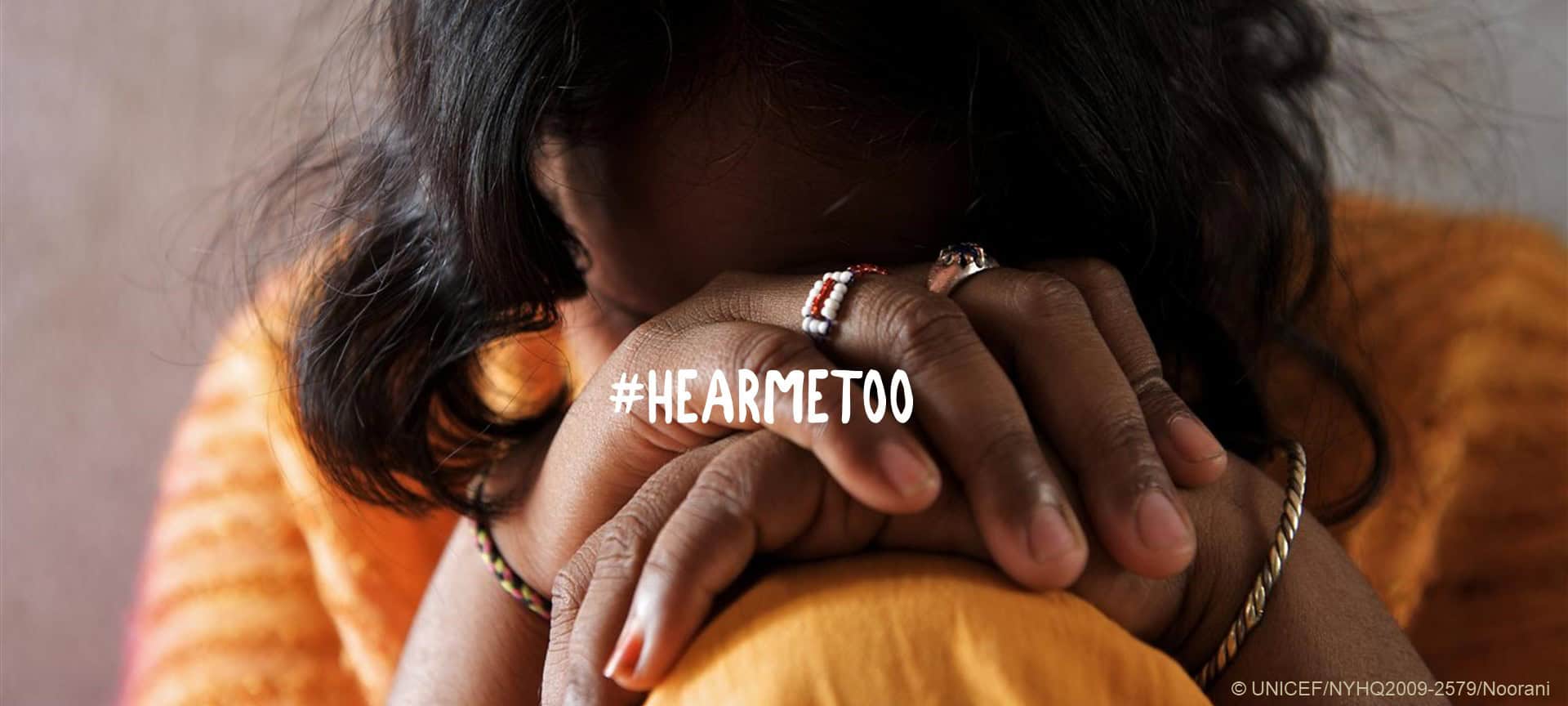Sexist stereotyping. Wolf-whistling. Cyberstalking. Upskirting. Sextortion. Sex for grades. These are just some of the many forms of sexual harassment faced by women and girls – at home, in school, at the playground, at parties, on the streets, on public transport or online. In Malaysia and across the world, this violation has sadly become a “normal” part of daily life.
Thankfully, international movements like the #MeToo campaign have empowered women and girls to stand up and speak out about their experiences. To support survivors everywhere, we’re calling out this harmful – yet often ignored – crime.
What is sexual harassment?
Sexual harassment is any sexual behaviour that is unwelcome and makes someone feel offended, humiliated or intimidated. It can be verbal, written, or physical, and it can happen in person or online.
Sexual harassment includes:
• Staring or leering
• Catcalling, wolf-whistling
• Sexual and smutty jokes
• Offensive sexualized comments and innuendos
• Offensive hand or body gestures
• Unwanted touching, grabbing or physical contact
• Display of sexually suggestive materials
• Unwanted sexually explicit emails or text messages
• Non consensual sharing of intimate images and videos
• Unwanted requests for sexual favours
If someone sexually harasses you, you may feel: • stressed, anxious or depressed; • threatened and scared; • exploited, humiliated, degraded; • guilty or that you’re to be blamed; and • your dignity is violated.
What can you do?
Don’t let shame or fear stop you from speaking up. No one deserves, or asks, to be sexually harassed. Everyone has the right to study, work, and live in a safe environment, free from harassment, bullying, discrimination and violence.
Whether you’re a survivor or a witness, here’s how you can take back the power:
1. Get Informed
Check whether your school, college, uni or workplace has policies and procedures for preventing and handling sexual harassment. Request for one if no policy exists.
2. Keep a record and save the evidence
Write down what happened, including the time, place, and names of witnesses. Record what you did to stop it. Keep all messages, comments, notes and emails. This evidence will support your complaint if you decide to make one.
3. Talk to the offender
It can be scary, but sometimes confronting the person helps – even if they’re in a position of power. If it feels safe, tell them in a calm but firm way that their behaviour is unwanted and must stop.
4. Seek help
If the person doesn’t stop – or you don’t feel safe talking to them – get advice from support services.
• All Women’s Action Society (AWAM) Telenita Helpline on +6016 237 4221 or +6016 228 4221.
• Women’s Aid Organisation (WAO) on +603 3000 8858 or TINA via Whatsapp/SMS on +6018 988 8058 (24 hours hotline).
5. Report to the Police
If you feel threatened, go to the nearest police station and file a report. You can give your statement in Bahasa Malaysia or English. Bring your records of past incidents with you. In an emergency, call 999.
In Malaysia, the United Nations Country Team’s #HearMeToo campaign – under the #16Days of Activism against Gender-Based Violence – calls for stronger laws that recognize sexual harassment as a form of discrimination and a serious human rights violation.
We also urge all parts of society to speak up and take action whenever sexual harassment happens. The more of us who say #HearMeToo, the stronger our impact.
It’s time to shift the shame back to where it belongs – on the harasser.




